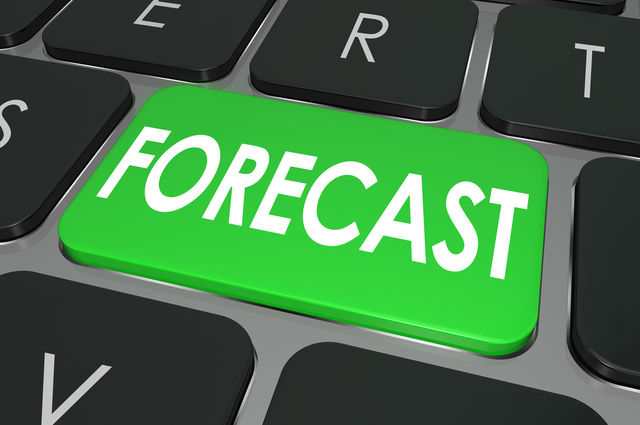Has forecasting become a lost art?
10 experts shared their view
Robert Cross, the de facto Godfather of Revenue Management, stated "…everything starts with a day by day, segment by segment forecast", yet many hoteliers no longer produce one as part of their strategic process. Most of today's advanced revenue management systems do not generate one, instead of leaving the user to rely on a total hotel forecast and to trust the "black box" for the details.
Should hotels be producing a detailed long-term forecast, and if so, what are the benefits of doing so? How far out should they forecast and how often should they do it? The automated systems (only 15% of hotels have one!) can be very accurate at projecting the optimized results of an existing strategy, but are they effective when contemplating a change in strategy, as an increase in group rooms, eliminating an airline crew, or even a renovation? How do hotels that don't do it satisfy other stakeholders like senior leadership and owners, who may have an interest in understanding the detail behind the hotel's forecast, especially when recent performance has not met expectations?
Forecasting is the bread and butter of revenue management because all strategic decisions should be driven from it. Having done a variety of forecasts over the years, the most effective ones are still a day-by-day forecast which drills down to the market segments because each day of week can behave quite differently. For hotels with limited resources and time, it is really tying the forecast strategy to the rate-change strategy. At the minimum, I find that you need to do at least a 1-month out perspective so that you know what's happening.
What's more important is how you use the forecast to drive marketing efforts, pricing decisions and actual actions. If the forecast is scheduled into your decision-making rhythm and meetings it won't feel so irrelevant.


